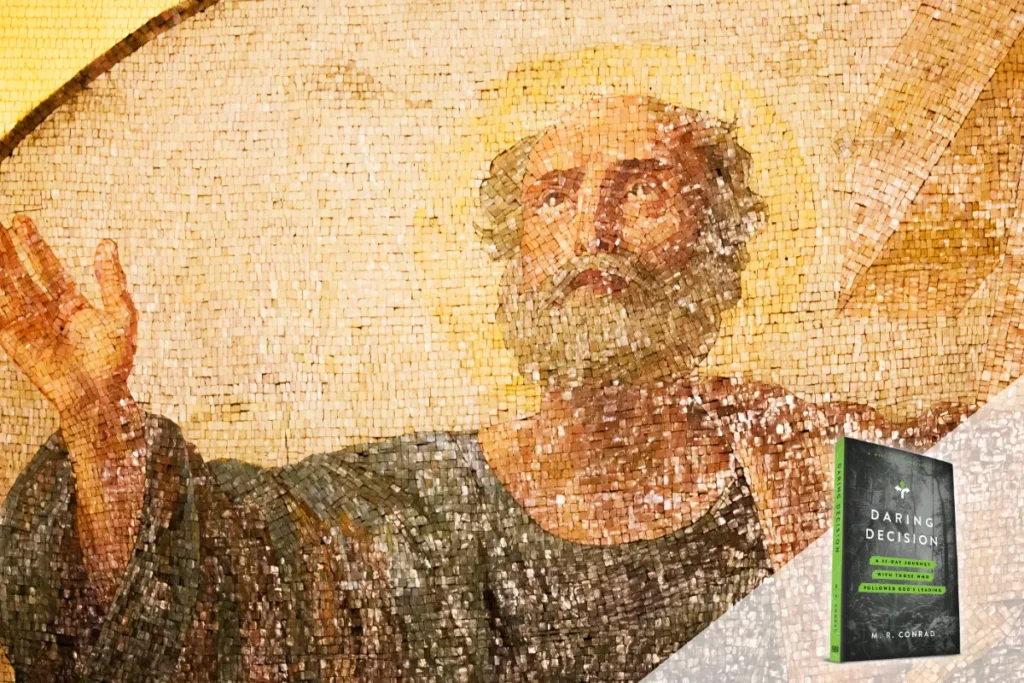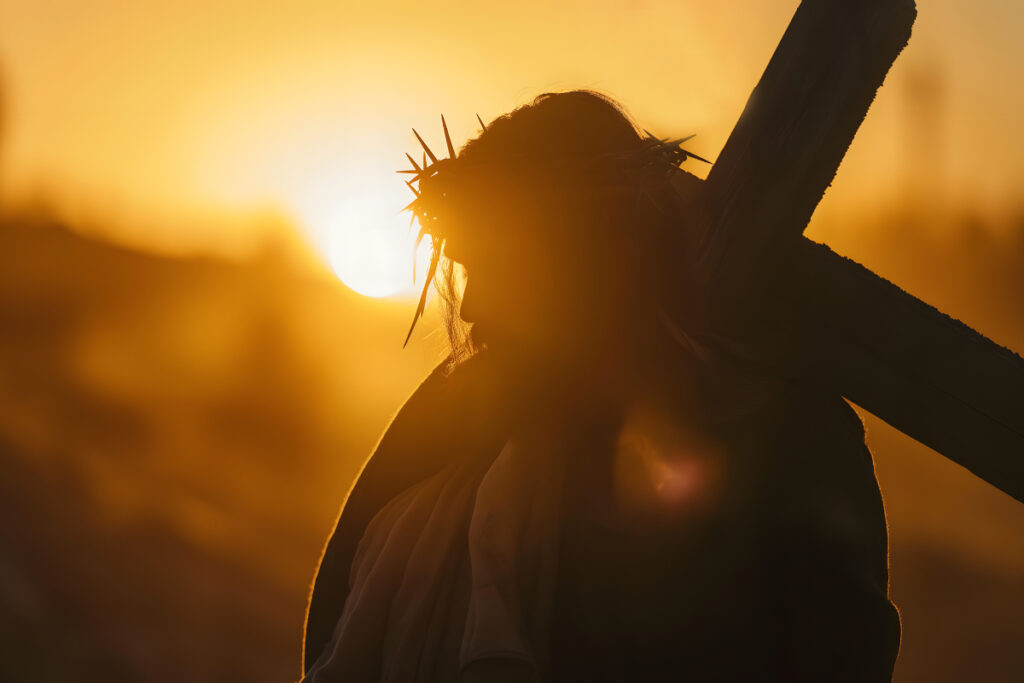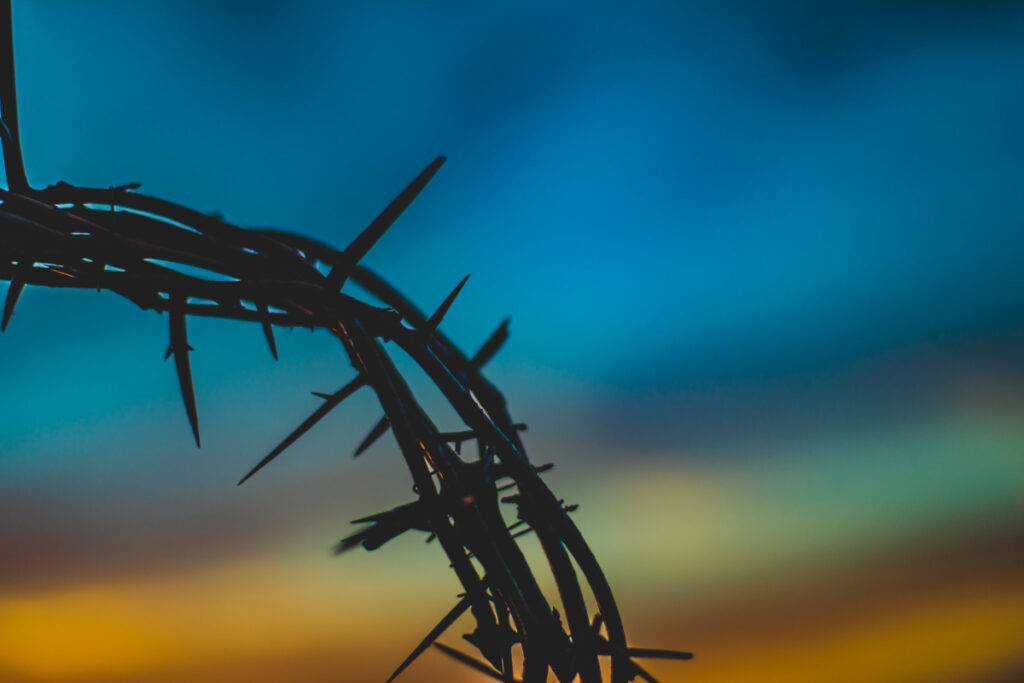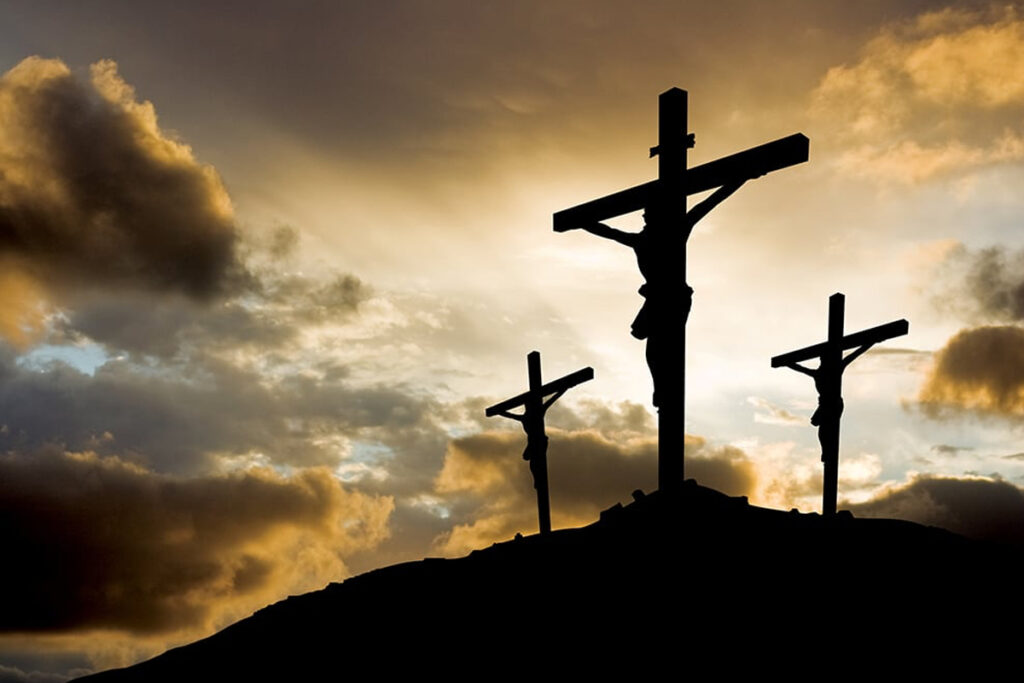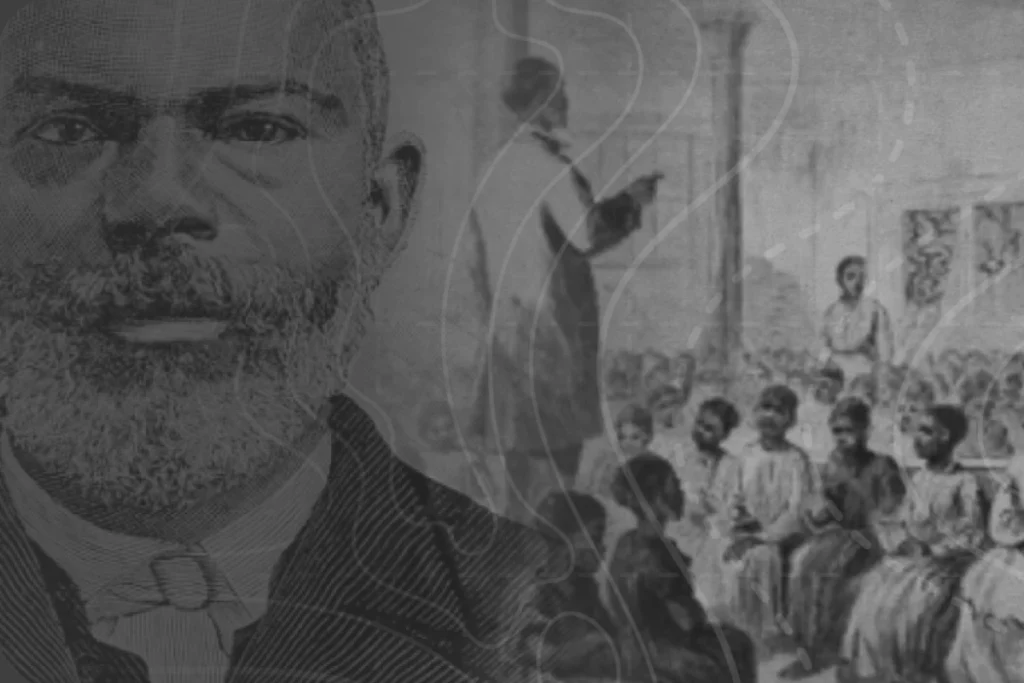
Blog
The Eye of Faith
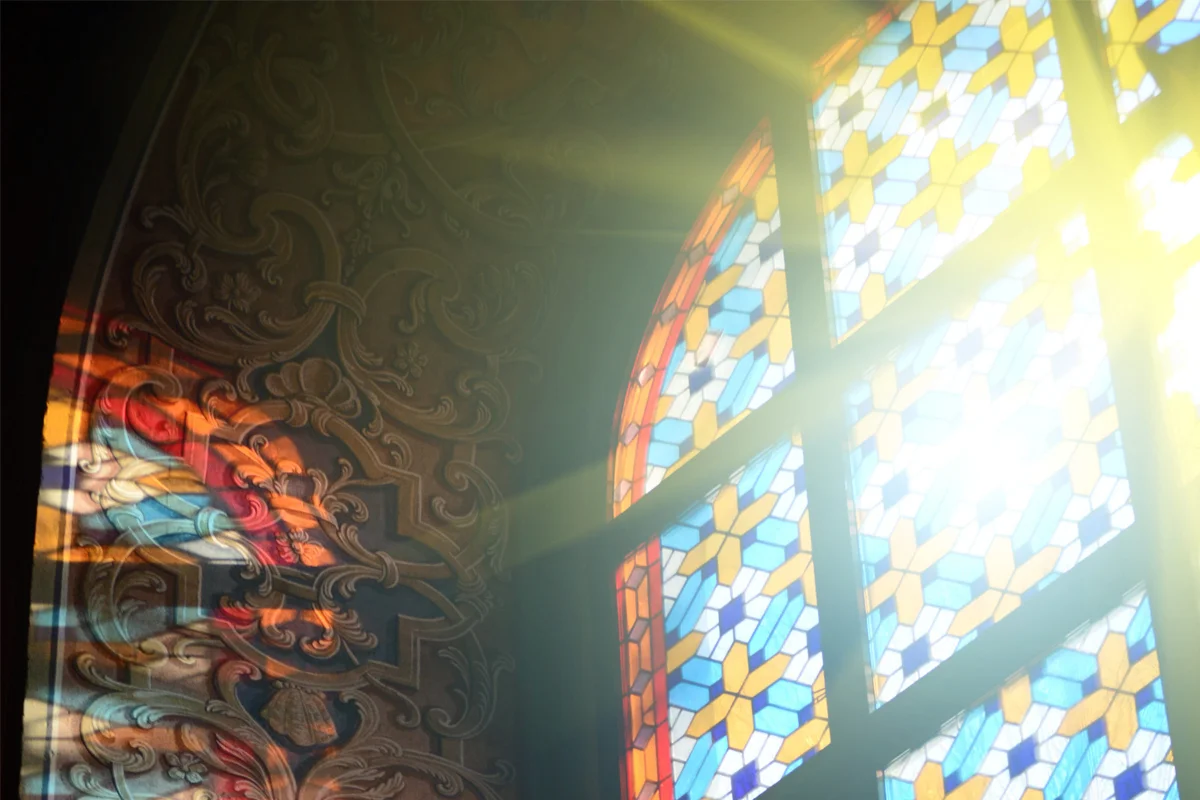
One of Luther’s central insights at the Reformation was the nature and importance of faith. For him, faith is famously that which justifies, which makes us right with God. This is not because of any intrinsic virtue faith itself possesses. Rather, it is because faith unites us to Christ such that we receive His righteousness even as He takes our sin upon Himself.
But what is faith? The writer to the Hebrews tells us that it is “the assurance of things hoped for, the conviction of things not seen” (11:1). It is the latter of these two definitions—“the conviction of things not seen”—that we will consider here.
We sometimes wonder where God is in the midst of grief and agony
It is obvious that we live in a world where God’s rule is not clearly visible. Everywhere we look there are those who ignore Him, forget Him, or, worse still, openly defy Him. Evil is rampant. Even if we live in safe, crime-free neighborhoods, we are no doubt aware of the ravages of the Fall all around us: If we ourselves are not now touched directly by sickness, bereavement, or death, we will be at some point in the future. And the television and the internet remind us constantly that the world is full of tragedy and disasters. These are things that sometimes make it hard to believe that God exists, God cares, and God is sovereign. Faced with the death of a child, for example, who does not ask the question about where God is in the midst of all the grief and agony?
This is where faith is important. We often hear people say in times of difficulty that “we just need faith.” Typically what they mean is that we just need to convince ourselves that everything will turn out all right in the end and . . . Hey! Presto! It will! But that is not biblical faith. Biblical faith is rooted in God’s revelation of Himself—who He is, how He has acted, and what He promises to do for His people. That means that faith has to be grounded in Scripture and focused on Jesus Christ, for Scripture tells us about God’s plan, and Jesus Christ is the great culmination and revelation of that plan.
The cross is the greatest test of faith
Yet here is the rub: as Luther would say, God in Christ is hidden. The eternal Creator of the universe is manifest in the flesh of a single human being. More than that, He is a human of little account in the eyes of the world. And then the climactic moment of His life is His arrest, trial, and execution in the most publicly shameful and terrifying of manners. Crucified on a cross, the King of Creation dies as a common criminal.
The cross is the great test of faith. Who is it who hangs there? A criminal who deserves to die? An innocent man caught up in a nightmare miscarriage of justice? Or the Sovereign God Who is triumphing over the powers of darkness? The eye of faith discerns the truth, taking God at His word and seeing on the cross the power of God to salvation. God is sovereign even—especially!—here, at the hour of evil’s greatest apparent triumph.
And so, as we watch the news or read the magazines and see evil rampant in the world around us, these things are no contradiction of our faith. That we do not yet see God sovereign is no evidence that He is not sovereign. God was hidden in Christ on the cross. His victory there was hidden from mortal eyes. Yet to the eyes of faith, the victory at Calvary is clear and decisive.
To the eyes of faith, the victory at Calvary is clear and decisive
Let the gospel of God’s hidden sovereignty at the cross be the foundation of your confidence in His hidden sovereignty today.
(Written by Carl Trueman, from Gospel Meditations on the Reformation, a 30-day devotional by Chris Anderson, Joe Tyrpak, Carl Trueman, and Andy Naselli, intended to celebrate the 500th anniversary of the Protestant Reformation by reminding Christians of our rich legacy.)


